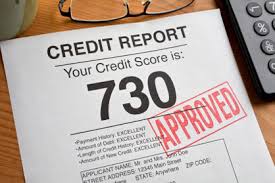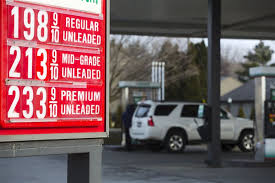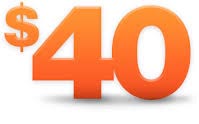 Want to be the kind of consumer the creditors want? The kind that they bend over backwards to accommodate? The sort that breezes through a loan process with nary a wrinkle? It can be done.
Want to be the kind of consumer the creditors want? The kind that they bend over backwards to accommodate? The sort that breezes through a loan process with nary a wrinkle? It can be done.
At the crux of it all is your credit report. That’s the elusive data collected by credit reporting agencies that only surfaces when your finances are being discussed, usually with large ticket purchases in mind –things such as houses and cars.
The reporting agencies use a system known as FICO to create an individual credit profile, an acronym derived from the name of the California company that developed the method. Scores range from 300 (Don’t even ask for credit) to 800 (You’re a shoe-in.) Though there are critics who say the factors used to create a credit report are not the only ones that should be considered, the reports are a fact of credit life today. Thirty-five percent of the rating is based on payment history; 30 percent on amounts owed; 15 percent on the length of credit history; 10 percent on new credit and 10 percent on types of credit.
Things you can do to improve your credit rating:
1. Make payments on time. If you begin making payments late or, worse, missing them, the resultant penalties and fees will be factored into your credit report.
2. Don’t use a credit card that charges an annual fee. Shop around until you find a card that doesn’t charge fees and still offers rewards. That general rule might be set aside if you find a card with a fee that is counterbalanced with low interest, generous benefits and other features that cancel the effect of the fee. A word of caution: constantly shopping for a “better” credit card may build a perception that you are having trouble managing debt. It all goes into the record. Sticking with a particular card for a long time shows financial stability.
3. Never max out your credit availability. Using less than 30 percent of the credit for which you qualify is good practice. Utilizing several lines of credit, such as mortgage, car payments, etc., as well as credit cards, also helps the score, as long as you conform to the agreed-upon terms.
4. Monitor your credit rating. Credit reporting services are required to furnish a report to you annually. Some banks now are providing this service to customers, overturning earlier practices that made procuring the information difficult. If you find questionable information in your report, act immediately to correct it.
Critics of the current method of creating credit reports argue that it overlooks some very important factors. For instance, it does not make allowances for people who simply don’t use credit. That means it discriminates against the potentially best customers, the so-called “credit invisibles.”
Regardless of the perceived flaws, it is the system now in use, and if you are credit-wise you can do things to improve your rating, whether or not you are a big user of credit.



